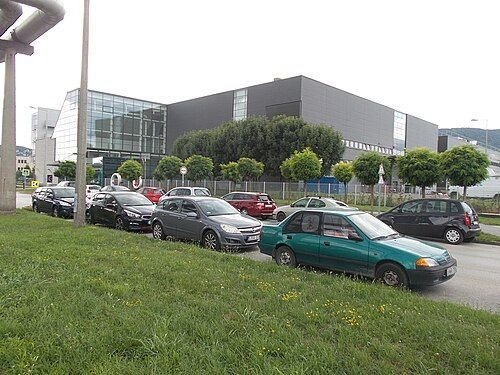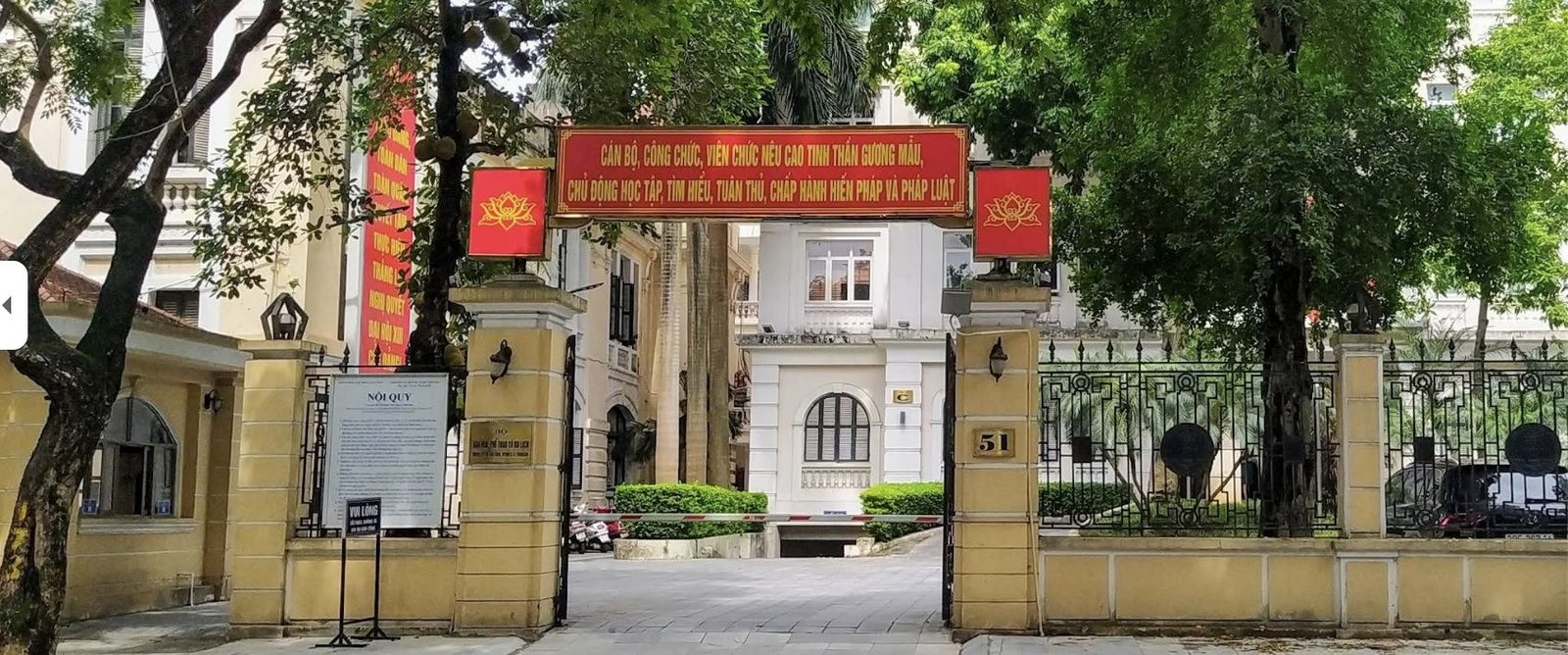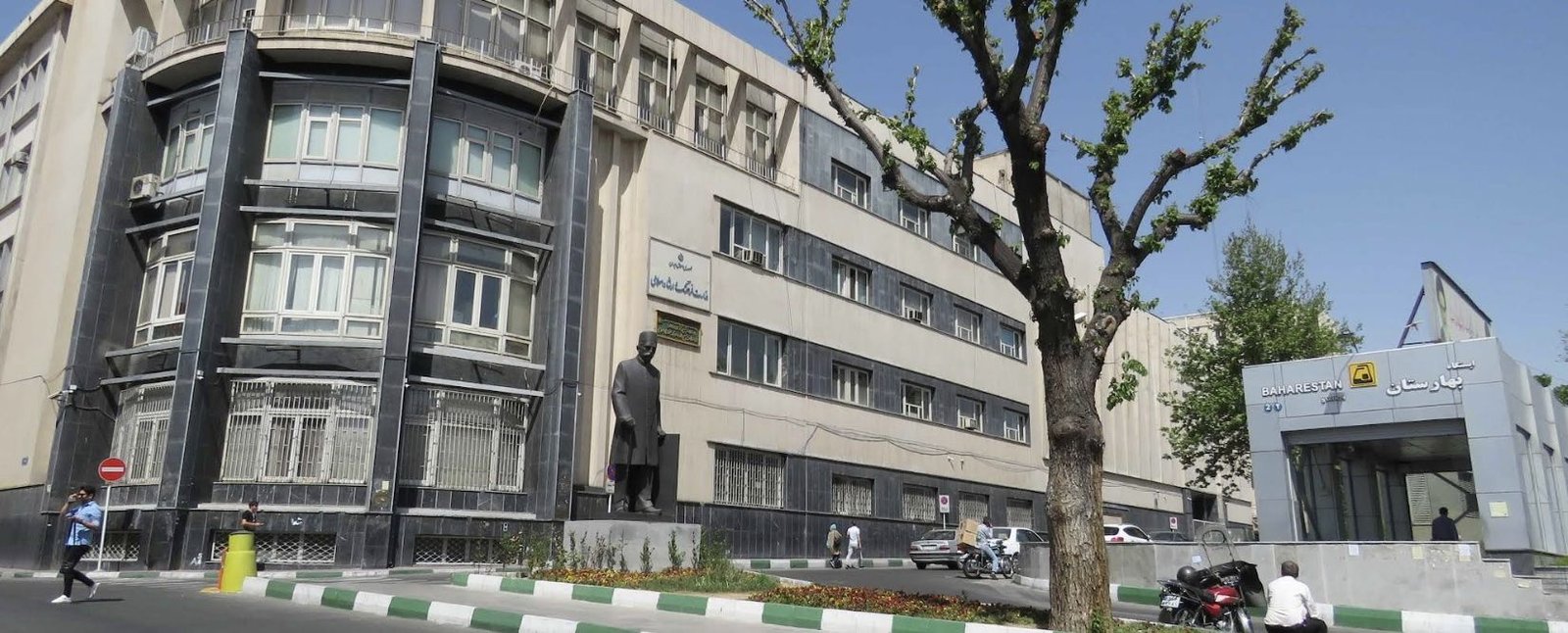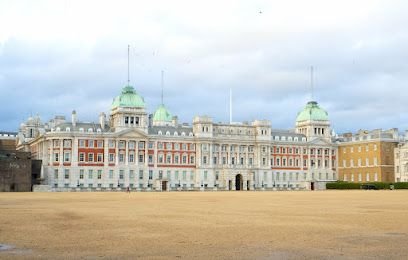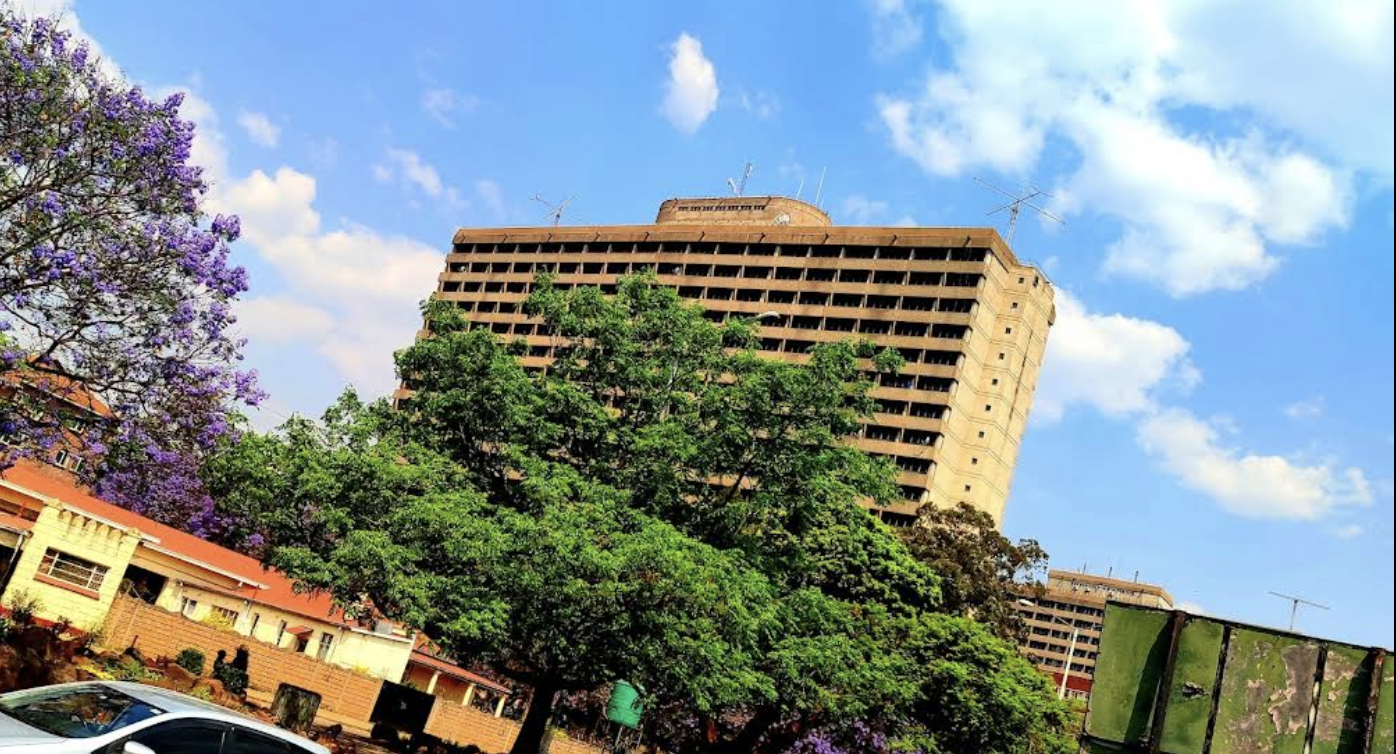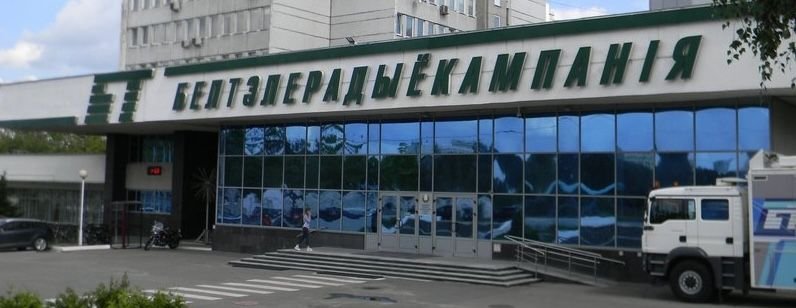Hungarian Media Services and Support Trust Fund (MTVA)
The Hungarian Media Services and Support Trust Fund (MTVA), established on January 1, 2011, is Hungary’s state-owned fund company under the National Media and Infocommunications Authority. Parliament passed the law creating MTVA in December 2010, consolidating four public broadcasters—Magyar Rádió, Magyar Televízió, Duna Televízió, and Magyar Távirati Iroda—under its management. In July 2015, these entities were merged into a single organization called Duna Médiaszolgáltató, with MTVA maintaining control over funding and operations. Based in Budapest, MTVA holds membership in the European Broadcasting Union. However, a 2019 European Federation of Journalists report concluded that “public service media have been deformed into state media” and found “no transparency around the funding or work of the public broadcaster.”

